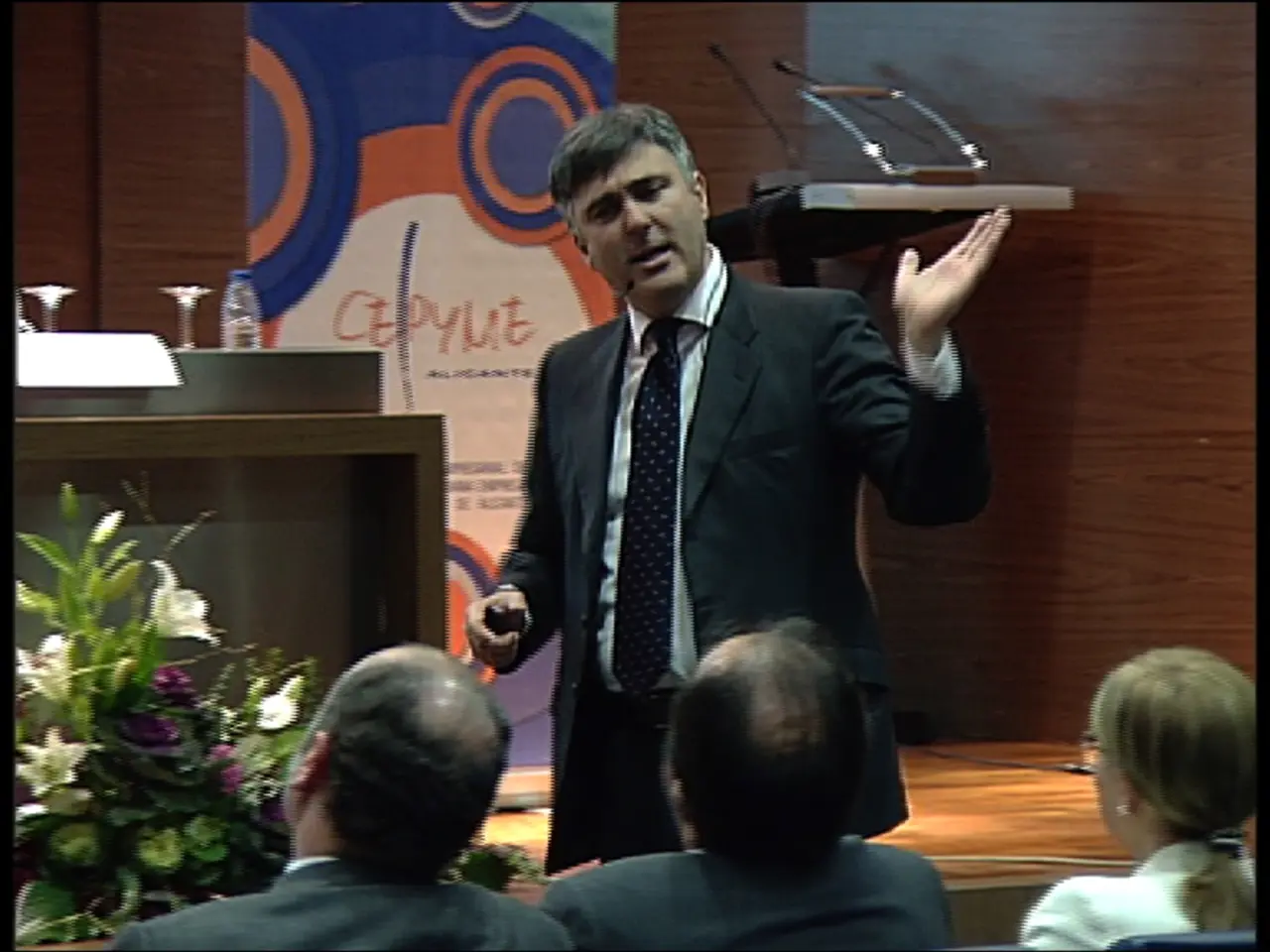Eon Bemoans U-Turn on Power Tax for Households: A Setback for Energy Transition Efforts
No reduction in domestic power tax: Criticism voiced by EON as well. - No Relief on Household Electricity Tax: E.ON and Others Voice Disapproval
Germany's largest power supplier, Eon, has voiced its disappointment over the federal government's decision to abandon plans for reducing the power tax for households. Millions of German households had been counting on these proposed price cuts on electricity bills.
"We are deeply frustrated from a consumer perspective that the reduction of the power tax may no longer be implemented," stated Filip Thon, head of Eon's German sales division. State-mandated costs contribute roughly a third to the electricity price and are long overdue for a reduction. Eon looks after around twelve million electricity customers in Germany.
The coalition agreement between Union and SPD initially pledged to provide relief for both industries and consumers in Germany by at least five cents per kilowatt-hour through a series of measures. In the short term, they vowed to reduce the power tax for all to the European minimum level. However, the federal cabinet has since retracted this decision, citing budget constraints as a justification. Ultimately, the final decision rests with the Bundestag.
"This decision sends a fundamentally mistaken signal for the energy transition," asserted Thon.
Currently, the power tax totals 2.05 cents per kilowatt-hour, while the European minimum level stands at a mere 0.1 cents. This leaves a discrepancy of 1.95 cents. According to Eon's estimations, a household consuming 2,500 kilowatt-hours annually would save around 50 euros net annually due to this reduction in power tax, with higher consumption households benefiting even more.
Electricity will continue to be taxed more heavily than, for instance, fossil gas, which is subject to a tax of only 0.55 cents per kilowatt-hour. In the view of Eon, this course of action "represents a fundamentally erroneous signal for the energy transition and the endeavors to make the energy supply more sustainable."
- Germany
- Power Tax
- Energy Price
- Household
- Energy Transition
- Eon
- Munich
- Fossil Gas
Insights:
The federal government's decision to rescind the proposed power tax reduction may delay the adoption of renewable energy solutions across households, as financial relief for consumers was expected to incentivize investments in technologies such as rooftop solar or energy-efficient appliances[2]. Moreover, the reversal could raise public discontent and financial strain, especially considering the escalating global prices of energy. Furthermore, the decision's impact on the energy transition's progress within Germany, as funding for key decarbonization projects and hydrogen grid expansion may be delayed because of uncertainty and incoherent policy make-up[2].
- The rescinded plan to reduce the power tax for households in Germany by the federal government could potentially impede the adoption of renewable energy solutions among households, hindering investments in technologies like rooftop solar and energy-efficient appliances.
- Eon, a significant power supplier in Germany, strongly expressed concern that the federal government's decision to retract the power tax reduction may send a misleading signal for the energy transition, prolonging financial strain on households and stalling the progress of crucial decarbonization projects and hydrogen grid expansion.




